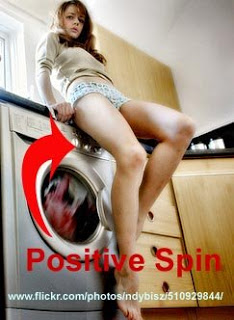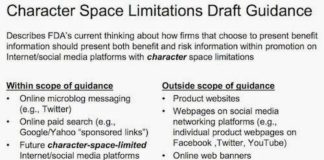 As reported in today’s Wall Street Journal: “A document dated Feb. 12, 1997, describes internal company deliberations over how to report ‘Study 15,’ a study comparing Seroquel to Haldol, an older-generation psychiatric drug. In the document, an AstraZeneca employee named Richard Lawrence writes to his team that one of his colleagues had done a great ‘smoke and mirrors job,’ and another had suggested an approach that ‘should minimise (and dare I venture to suggest) could put a positive spin (in terms of safety) on this cursed study.'” (See “AstraZeneca Papers Raise Seroquel Issues“.)
As reported in today’s Wall Street Journal: “A document dated Feb. 12, 1997, describes internal company deliberations over how to report ‘Study 15,’ a study comparing Seroquel to Haldol, an older-generation psychiatric drug. In the document, an AstraZeneca employee named Richard Lawrence writes to his team that one of his colleagues had done a great ‘smoke and mirrors job,’ and another had suggested an approach that ‘should minimise (and dare I venture to suggest) could put a positive spin (in terms of safety) on this cursed study.'” (See “AstraZeneca Papers Raise Seroquel Issues“.)
This “raises further questions about whether AstraZeneca kept a lid on unflattering Seroquel studies,” said the article. Duh!
This kind of thing is JUST what I was talking about in my previous post (see “Drug Fact Box: It All Depends on What You Mean by ‘Fact’“) about drug safety “facts” presented in consumer-friendly drug “Fact Boxes” proposed by Dartmouth researchers, who at this very moment are testifying before the FDA. Bob Ehrlich suggested that post-marketing data obtained by drug companies should be included in such boxes even if “less than perfect.” Yes, after adding “positive spin” to the facts I suppose!








![6 Digital Tools at the Center of Healthcare Digitalization [INFOGRAPHIC]](http://ec2-54-175-84-28.compute-1.amazonaws.com/pharma-mkting.com/wp-content/uploads/2021/04/6DigitalTools_600px-100x70.jpg)




